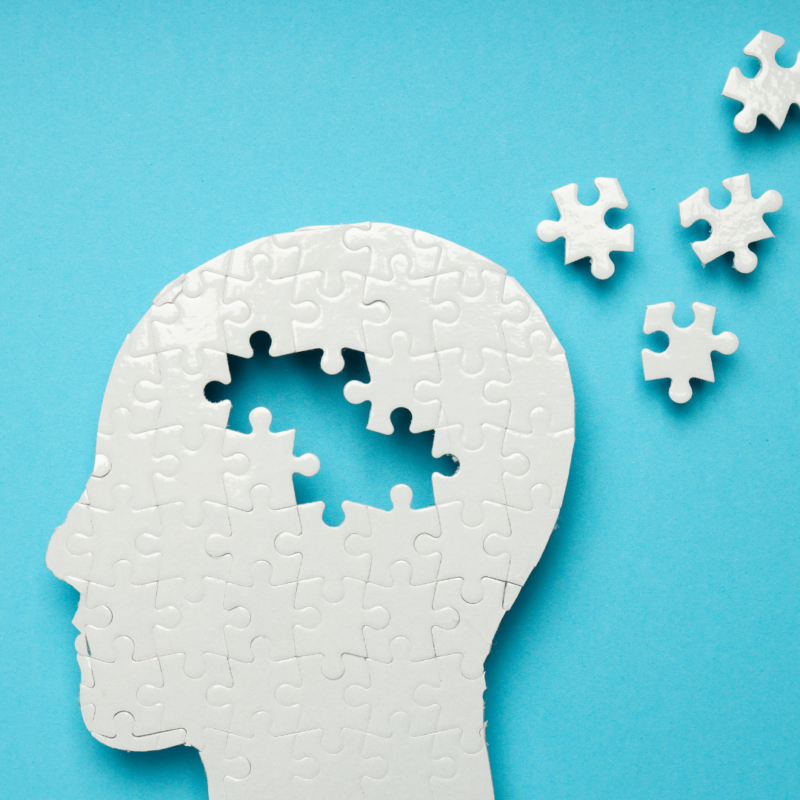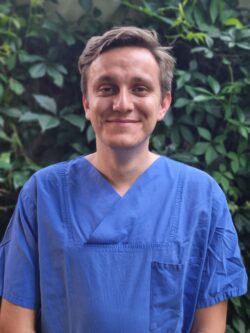Research project on NEDAMSS
Time frame: July 2023 to December 2026
Funding amount: 400.000 €
NEDAMSS is a very rare neuronal developmental disorder caused by mutations in the IRF2BPL gene. The course of the disease is reminiscent of dementia, beginning with moderate developmental delays and progressing to the most severe neurodegenerative courses. In the worst cases, affected children and adolescents lose all the skills they have ever learned. Exactly when the disease begins and how it progresses in each individual case is highly variable and cannot be predicted.
For families, the diagnosis marks the beginning of a period of great uncertainty. In a short film portrait made before the project was approved, Johnny’s parents talk about their search for a daily life between hope and despair.

Thanks to Alliance4Rare funding, pediatric neurologists and basic researchers from Göttingen and Berlin are now working together. For the first time, a systematic search for a therapeutic approach to severe childhood dementia is now possible. In close cooperation with a parents’ initiative, clinicians and scientists at the University Medical Center Göttingen have identified a cohort of 30 children and adolescents affected by NEDAMSS, although only 18 patients worldwide have been described in the scientific literature to date.
In a multi-institutional and consistently translational approach, the physicians and scientists combine clinical research to investigate the natural history of the disease with innovative basic science methods: In the laboratory of Dr. Jakob Metzger at the Max Delbrück Center for Molecular Medicine (MDC), organoids are developed from patient cells to investigate the molecular and biochemical causes of NEDAMSS. A comprehensive screening of the brain organoids will identify targets for pharmacotherapy or cell therapy.
We would like to thank the Friede Springer Foundation for the funding: this therapeutic approach can only be developed with the support of the Alliance4Rare funding partners!



